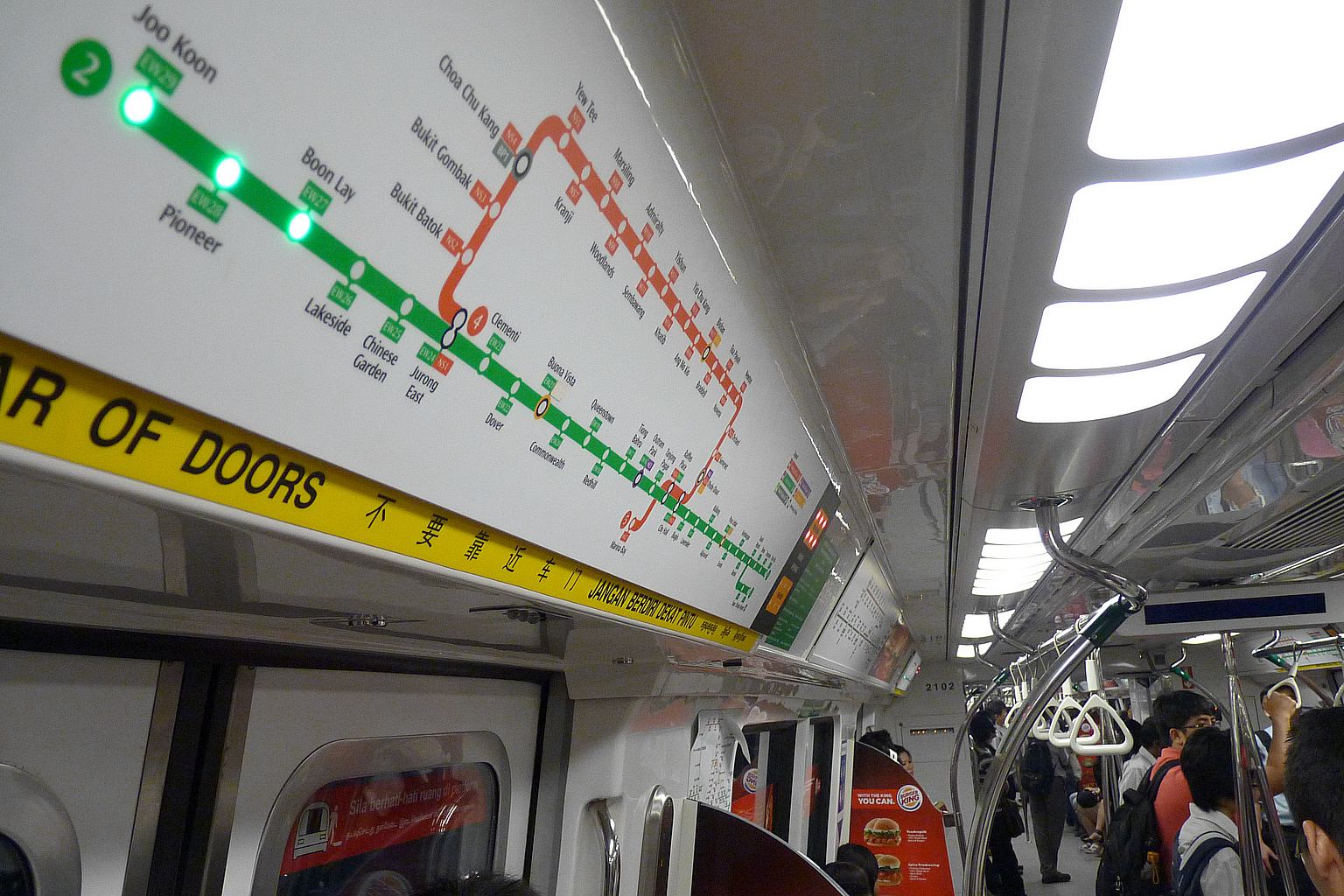Some people think that independent candidates are working all by themselves and are short in resources and may not be able to run a town council. Conversely, they think that party candidates have more resources and are better able to run town councils. If we care to think deeper, these are merely assumptions and are not absolute truths.
I may be an independent candidate but this does not mean that I do everything by myself. The amount of work that I have been able to do on the ground and in so many places would not have been possible without a dedicated team of supporters and their resources.
As a matter of fact, when it became known that I no longer had any party affiliation, there were immediate invitations from various political parties for me to join them. Some had even sought support to tap on the resources that my supporters have as they do not have adequate resources of their own.
A political party cannot succeed without strong supporters. With so many political parties on the scene, there is not only competition for talent but also resources. I am open to sharing the resources of my supporters with anyone who genuinely wish to serve the people and are not involved in politics for ulterior motives.
The idea of making MPs run a town council is an unfair political move that has shifted municipal duties from HDB to an MP. It not only makes the job of an MP more onerous so that he has less time in his parliamentary work but to also act as an electoral hurdle. It has been seen that even PAP town councils have their own issues. Voters, however, choose their candidate not because the candidate will be good in running a town council but because he or she can be their effective voice in parliament. Otherwise, their estate manager would be their best candidate as MP. And many may not know that I am not entirely new to town council work and was once a volunteer lawyer in the drafting of tenders and contracts for the Bukit Batok Town Council when it was first formed under the late Dr. Ong Chit Chung.
Having said so, since running a town council has been thrust upon an MP as his municipal duty, it makes sense for any new MP to continue to employ the services of the existing staff who are managing the estate. This is a step towards depoliticizing the system and ensures continuity of service with necessary improvements under the new MP. Obviously, if this continuity is not possible because there are issues of political ties, which will be truly regrettable, my plan will be to adopt a direct management approach with the help of my team of supporters which comprise people with the relevant skills and experience.
As an independent candidate, I am no different from a party candidate. In fact, I may be more equal to the task of running a town council.



